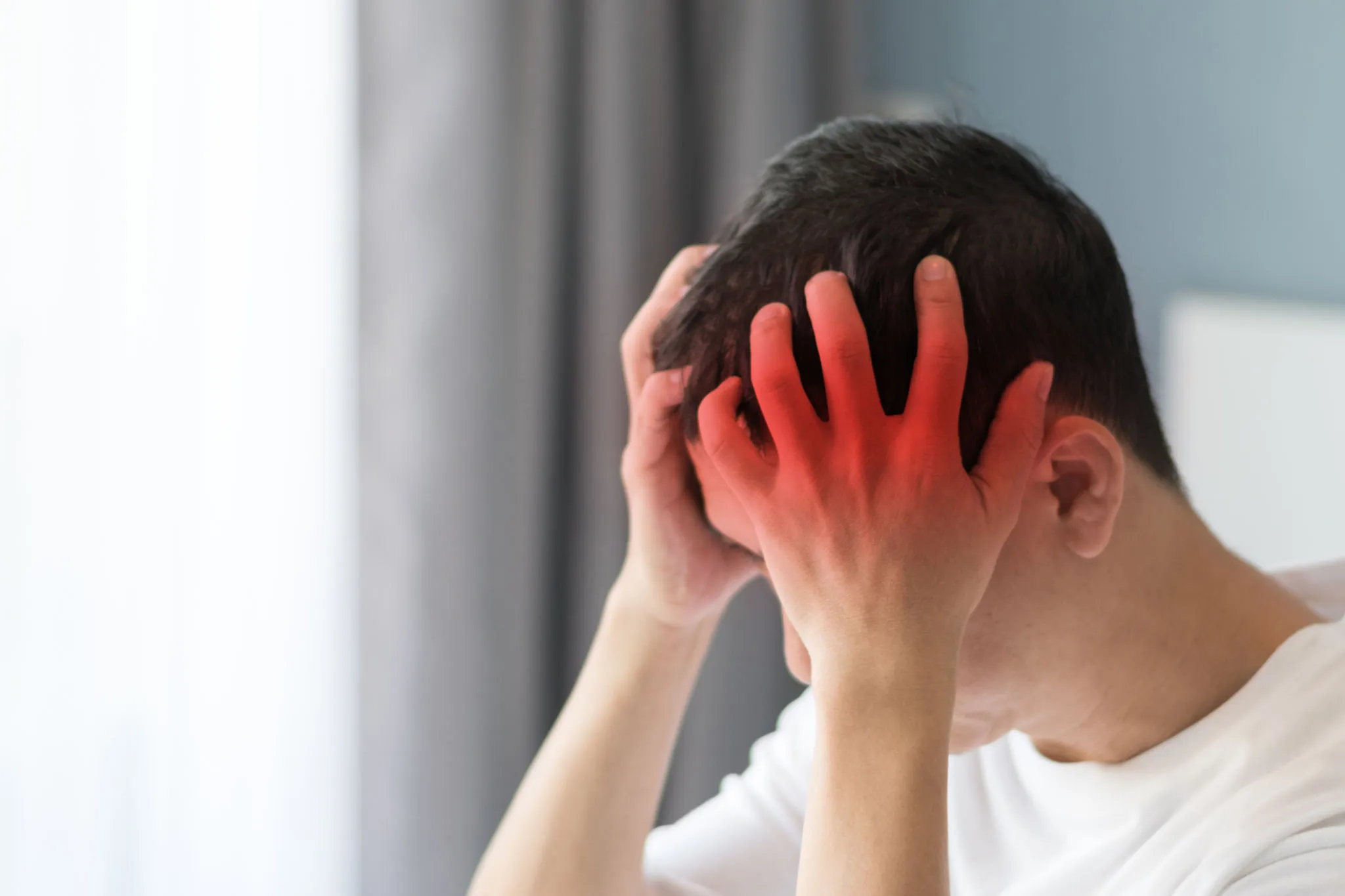To relieve the symptoms of cluster headache, some people find it helpful to take painkillers and antidepressants. However, this may cause other side effects. Therefore, before taking any prescription medication, you need to consult a doctor who can advise you properly.
When choosing between painkillers and antidepressants for treating cluster headaches, you should always look for evidence of their effectiveness. There are many options available that work well for relieving the symptoms of cluster headaches. Some of the most effective ways to treat them include using over-the-counter medications, herbal remedies, and homeopathy.
The following article looks into the best of these methods to help you decide which treatment is right for you.
A review published in 2012 found that gabapentin (Neurontin) was an effective option to prevent migraines.
Preventing Cluster Headaches
Cluster headaches occur when a person experiences a sudden attack. During these attacks, a patient feels intense pain in one part of their head. The pain can last from a few minutes to several hours.
If you want to prevent yourself from getting cluster headaches, you should try taking your medication on time. If you’re suffering from this condition, you need to make sure that you don’t miss any doses.
You might also consider asking your doctor to prescribe an alternative medicine. There are a lot of treatments available for preventing and treating cluster headaches.
There are many different medications that you can use to treat this problem. You may be interested in learning more about them by reading the article below.
It’s important to understand that most people who have cluster headaches will eventually develop migraines. So, you could end up with both conditions. This means that you’ll need to find a way to cope with both problems. Here are some tips that you can follow.
Treating a Cluster Headache
A cluster headache is a type of migraine that occurs when your head starts to hurt. The pain usually begins in the forehead, but it can spread all the way down to the neck. If you have a cluster headache, then you might be interested in learning more about how to treat them.
There are many ways to help relieve the symptoms of a cluster headache. For example, you can use over-the-counter medications. You should also try to avoid things like caffeine, alcohol, and nicotine. In addition, you may want to talk with a doctor. He or she will likely prescribe some medication, and he or she might suggest other treatments, such as acupuncture.
If you’re having a really bad cluster headache, then you’ll need to go to a hospital. Your doctor can give you medicine that will stop the headaches from happening.
This article is part of our series: “The 10 Best Ways To Get Healthy”.
Managing Cluster Headaches
Cluster headaches can be extremely painful. If you have them, then you know exactly how debilitating they can be. However, you don’t need to suffer through these attacks. There is a way to treat your symptoms, and this article explains why you should consider trying it.
A lot of people who get cluster headaches believe that their pain comes from stress. This isn’t true. The cause behind the attack is actually the same thing that triggers other kinds of migraines. When you’re stressed, the body releases chemicals into your bloodstream, causing the muscles around your eyes to contract. This causes pain.
Fortunately, there are ways to prevent cluster headaches. You can try to avoid situations where you feel like you might start having an attack. You could also try to control your diet. Some foods that you eat may trigger your migraine.
Another option is to take medication before the attack starts. If you do this, you’ll reduce the severity of the symptoms. Your doctor will likely prescribe a certain type of medicine for you.
The Best Cluster Headache Treatment
Cluster headaches have been known for a long time. People used to believe that they were caused by stress, but now it’s believed to be due to a malfunctioning nerve in the brain.
Some people who suffer from this condition also get migraines.
If you’re suffering from these painful attacks, you’ll want to read the article below. This is where you will learn more about the different treatments available for cluster headaches.
There are two main kinds of medications that can help relieve the pain associated with cluster headaches. One type works on the nerves in the head, while the other kind of medication helps prevent the release of chemicals that cause the pain. You should talk to your doctor before you try any new drugs, however, because some of them may interact badly with other medicines that you take.
In addition to taking the right medicine, you can also do a few things to ease your symptoms. For example, you could avoid foods and drinks that might trigger the attack, such as chocolate or spicy food.
The Most Effective Treatments
Cluster headaches are very painful, but thankfully, they aren’t deadly. You can treat them yourself with home remedies. Here’s how to get rid of cluster headaches.
In order to reduce the pain associated with a cluster headache, you’ll need to make sure that your head is properly aligned. If you’re standing up, then you should sit down. This will help to relieve pressure on the brain. Also, you should avoid doing anything strenuous.
If you want to eliminate the pain, then you can try applying heat to the back of your neck. However, you shouldn’t use any type of heating pad or another device. Instead, you should just apply a hot towel to the area. Doing this may take some time, but it’ll be worth it in the end.
Another thing that you can do is eat lots of foods high in vitamin C. This includes oranges, grapefruit, and broccoli.
Conclusion
Headaches occur when the blood vessels that supply the brain become irritated. This leads to swelling of the head, pain, and other symptoms. Headaches can be caused by a variety of factors, including stress, tension, poor diet, dehydration, sinus infections, hormonal changes, and allergies.

